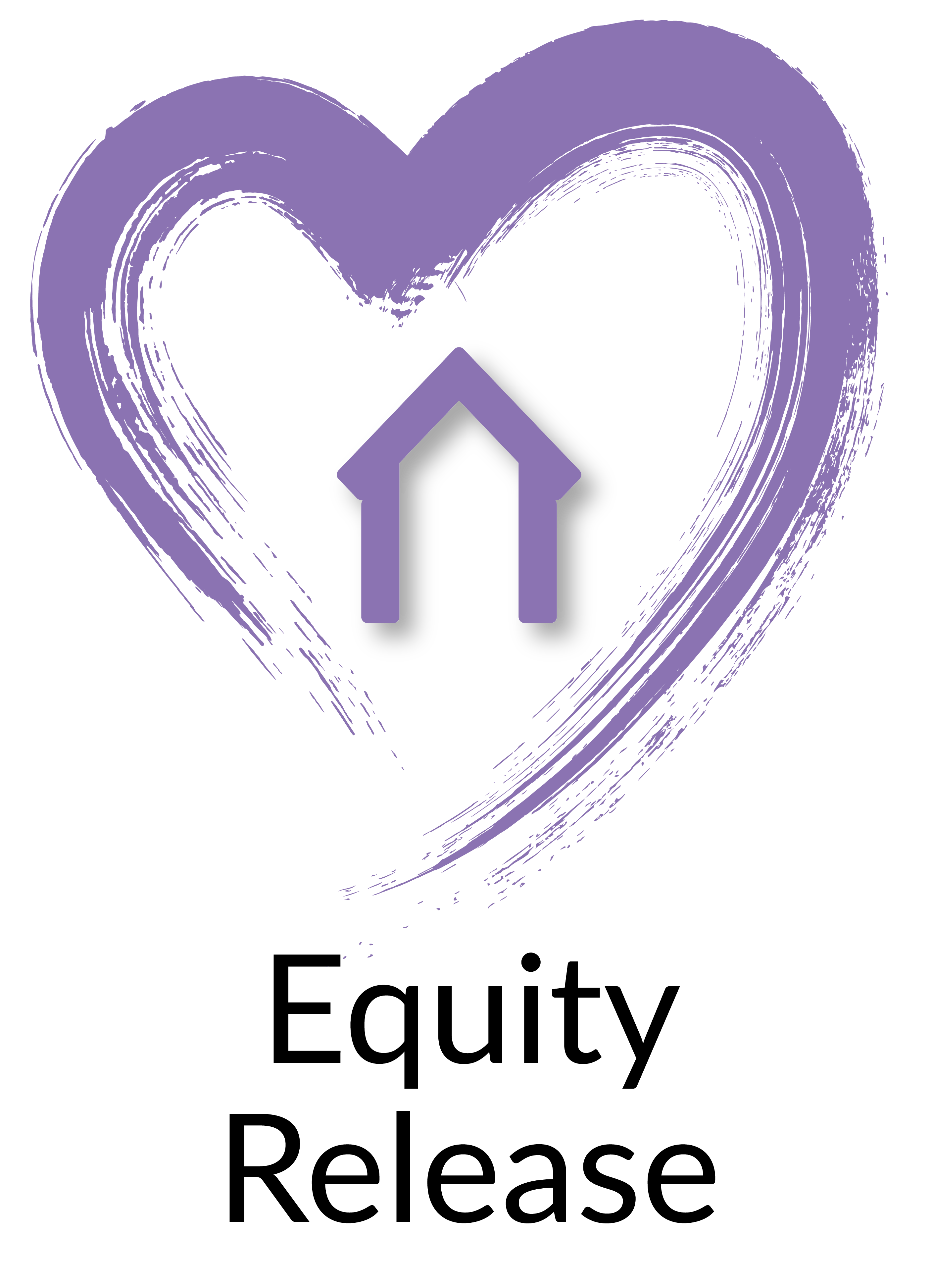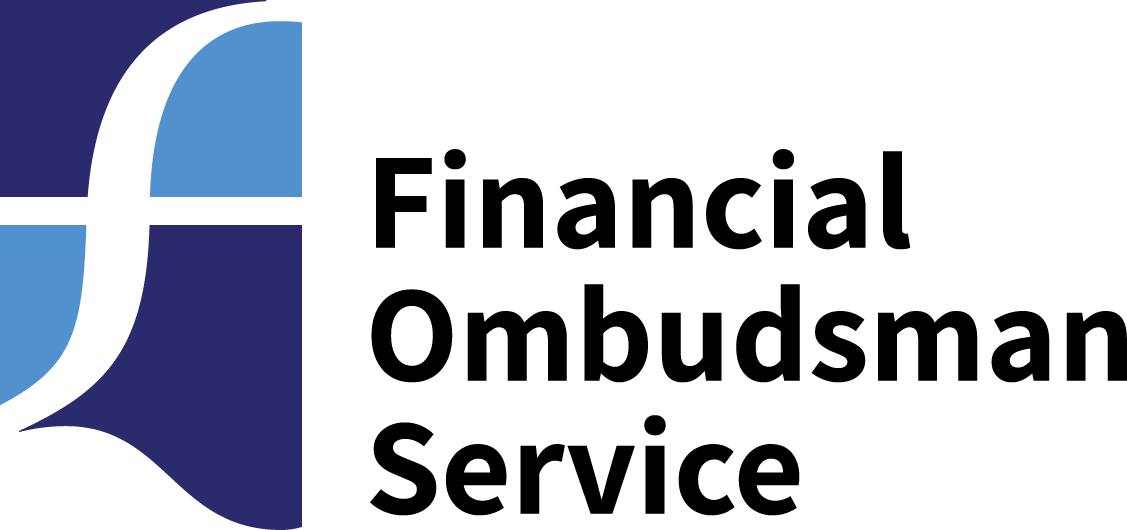Self employed income protection
As a self-employed individual, you relish the freedom of being your own boss, yet this independence often comes with the challenge of navigating financial uncertainties without the safety net of traditional employee benefits.
To safeguard your income against unforeseen events that could disrupt your work, investing in income protection can be a wise choice. This essential coverage acts as a buffer, ensuring that should illness or injury strike, you can maintain your financial stability while focusing on recovery, allowing you to keep your business thriving and your peace of mind intact.
Questions and Answers about Self employed income protection
What is income protection insurance?
Consider income protection insurance as your personal financial guardian, ready to step in with a reliable monthly income if ever you’re sidelined by illness or injury. It’s about ensuring you’re covered when you need it most.
Do you need income protection insurance?
In the quest to secure your income, it’s essential to gaze upon your financial commitments and ponder the shockwaves of an unexpected income drop. Let’s engage in a dialogue with the pros, as the financial landscape is as unique as you are.
How much income protection do I need?
To figure out just how much income protection you need, start with the basics. List down those must-pay bills like your mortgage, utilities, food, and childcare. Once you’ve got that down, touch base with our experts to make sure you’re all covered.
How long does cover last?
Your coverage could potentially extend all the way to your retirement or until you hit the big 7-0, all based on the specific plan you opt for.
How does income protection work when you are self employed?
Envision a personalized safety net that ensures your financial stability during self-employment. Income protection insurance serves as a dependable support, offering monthly payments that allow you to concentrate on recovery from illness or injury.
Is the benefit paid monthly or as a lump sum?
Your benefits will be paid to you consistently each month, almost as if your earnings never even took a break. No need to stress about large, lump sum amounts and long term budgeting
How long will I receive the monthly benefit?
Your income protection plan has your back, just like a reliable friend. Depending on your plan, it could be a short-term sidekick for a year or two, or a long-term companion until retirement if illness or injury sidelines you. It’s all about making sure you’ve got the support you need, when you need it!
Are the benefits taxed?
Income protection payouts can be a bit like a dance. Generally, they’re tax-free, but they might shake things up with your state benefit claims. Who pays the premiums decides the tax tune:
- You pay the premiums? The benefits usually glide through tax-free.
- Your employer foots the bill? The benefits join the taxable income tango.
A little lost in the steps? That’s okay, it’s a complex routine. Reviewing your policy and having a chat with a specialist adviser could help you find your rhythm again.
What are deferred periods?
The deferred period is essentially your waiting time before the first payout rolls in after a claim gets the green light. This pause can vary, all depending on who’s got your back in the insurance world.
Mortgage Health Matters Core Services









